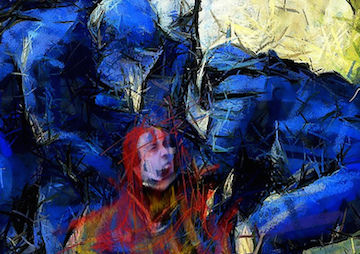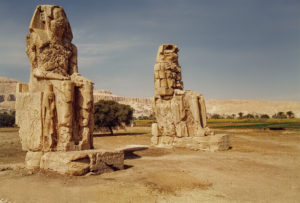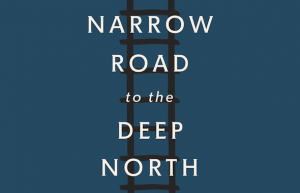The ‘Long Peace’ Is Not Upon Us
Cognitive scientist Steven Pinker’s 2011 book “The Better Angels of Our Nature” has convinced many people that humanity has steadily become less violent in the recent past. English philosopher John Gray argues that Pinker merely sees what he wants in trends and statistics. Guy_Masavi (CC BY 2.0)
Guy_Masavi (CC BY 2.0)
Cognitive scientist Steven Pinker’s 2011 book “The Better Angels of Our Nature” has convinced many people that humanity has steadily become less violent in the recent past. English philosopher John Gray argues that Pinker merely sees what he wants in trends and statistics.
Gray writes at The Guardian:
The picture of declining violence presented by this new orthodoxy is not all it seems to be. As some critics, notably John Arquilla, have pointed out, it’s a mistake to focus too heavily on declining fatalities on the battlefield. If these deaths have been falling, one reason is the balance of terror: nuclear weapons have so far prevented industrial-style warfare between great powers. Pinker dismisses the role of nuclear weapons on the grounds that the use of other weapons of mass destruction such as poison gas has not prevented war in the past; but nuclear bombs are incomparably more destructive. No serious military historian doubts that fear of their use has been a major factor in preventing conflict between great powers. Moreover deaths of non-combatants have been steadily rising. Around a million of the 10 million deaths due to the first world war were of non-combatants, whereas around half of the more than 50 million casualties of the second world war and over 90% of the millions who have perished in the violence that has wracked the Congo for decades belong in that category.
… Certainly the figures used by Pinker and others are murky, leaving a vast range of casualties of violence unaccounted for. But the value of these numbers for such thinkers comes from their very opacity. Like the obsidian mirrors made by the Aztecs for purposes of divination, these rows of graphs and numbers contain nebulous images of the future – visions that by their very indistinctness can give comfort to believers in human improvement.
… The ancient world, along with all the major religions and pre-modern philosophies, had a different and truer view. Improvements in civilisation are real enough, but they come and go. While knowledge and invention may grow cumulatively and at an accelerating rate, advances in ethics and politics are erratic, discontinuous and easily lost. Amid the general drift, cycles can be discerned: peace and freedom alternate with war and tyranny, eras of increasing wealth with periods of economic collapse. Instead of becoming ever stronger and more widely spread, civilisation remains inherently fragile and regularly succumbs to barbarism. This view, which was taken for granted until sometime in the mid-18th century, is so threatening to modern hopes that it is now practically incomprehensible.
Read Gray’s long, detailed critique of Pinker here.
— Posted by Alexander Reed Kelly.
Your support matters…Independent journalism is under threat and overshadowed by heavily funded mainstream media.
You can help level the playing field. Become a member.
Your tax-deductible contribution keeps us digging beneath the headlines to give you thought-provoking, investigative reporting and analysis that unearths what's really happening- without compromise.
Give today to support our courageous, independent journalists.






You need to be a supporter to comment.
There are currently no responses to this article.
Be the first to respond.